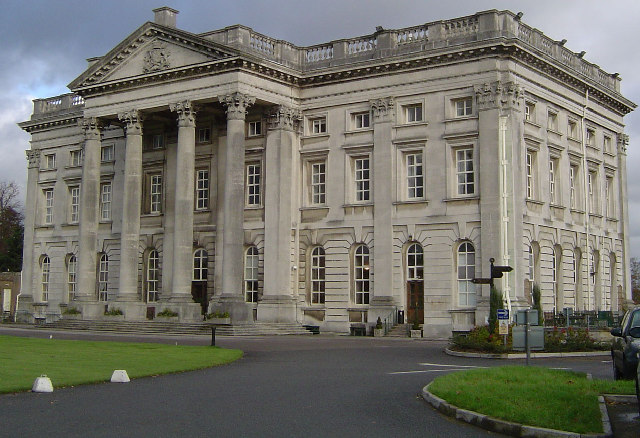Thomas Bates Rous on:
[Wikipedia]
[Google]
[Amazon]
Thomas Bates Rous (1739–1799) was a director of the East India Company and politician who sat in the
 Rouse purchased Moor Park, Hertfordshire in 1785 and in need of cash, demolished part of the building for its valuable stone. He authored a booklet on the
Rouse purchased Moor Park, Hertfordshire in 1785 and in need of cash, demolished part of the building for its valuable stone. He authored a booklet on the The English Review, Or, An Abstract of English and Foreign Literature, Volume 13, 1789
/ref> He died on 1 February 1799, leaving his estates to his brother
House of Commons
The House of Commons is the name for the elected lower house of the bicameral parliaments of the United Kingdom and Canada. In both of these countries, the Commons holds much more legislative power than the nominally upper house of parliament. ...
between 1773 and 1784.
Early life
Rous was the eldest surviving son of Thomas Rous of Piercefield, Monmouthshire, who was a director of the East India Company, and his wife Mary Bates, daughter of Thomas Bates. He joined the naval service of theEast India Company
The East India Company (EIC) was an English, and later British, joint-stock company founded in 1600 and dissolved in 1874. It was formed to trade in the Indian Ocean region, initially with the East Indies (the Indian subcontinent and Southea ...
. There he acquired a comfortable fortune through the patronage of Lord Clive
Robert Clive, 1st Baron Clive, (29 September 1725 – 22 November 1774), also known as Clive of India, was the first British List of governors of Bengal, Governor of the Bengal Presidency. Clive has been widely credited for laying the ...
. He married Amelia Hunter on 25 June 1769. Shortly after his father's death in 1771, he returned to England.
Political career
In 1773, Rous contestedWorcester
Worcester may refer to:
Places United Kingdom
* Worcester, England, a city and the county town of Worcestershire in England
** Worcester (UK Parliament constituency), an area represented by a Member of Parliament
* Worcester Park, London, Engla ...
at a by-election on the corporation interest and with the support of Clive. The election is said to have cost him £10,000. He was returned as Member of Parliament
A member of parliament (MP) is the representative in parliament of the people who live in their electoral district. In many countries with bicameral parliaments, this term refers only to members of the lower house since upper house members of ...
on 25 November 1773 but was unseated on petition for bribery on 8 February 1774. He was an East India Company Director from 1773 to 1774. At the general election of 1774 he was successfully returned for Worcester after a contest. He was a director of the East India Company again from 1776 to 1779. At the 1780 general election he was returned for Worcester after another contest. However he was defeated in 1784 possibly due to the depletion of his financial resources in four contested elections.
Later life and legacy
 Rouse purchased Moor Park, Hertfordshire in 1785 and in need of cash, demolished part of the building for its valuable stone. He authored a booklet on the
Rouse purchased Moor Park, Hertfordshire in 1785 and in need of cash, demolished part of the building for its valuable stone. He authored a booklet on the Commutation Act
The Commutation Act 1784, enacted by the British Parliament, reduced the tax on tea from 119 % to 12.5%, effectively ending the smuggling trade. William Pitt the Younger, acting on the advice of Richard Twining of the Twinings Tea Company, introd ...
in 1786 entitled Observations on the Commutation Project and followed it up in 1788. Pitt had significantly reduced the tax on tea and Rous was concerned that a massive increase in consumption would lead to huge outflow of money from the country./ref> He died on 1 February 1799, leaving his estates to his brother
George Rous
George Rous (c.1744 – 11 June 1802) was a British lawyer and politician who sat in the House of Commons from 1776 to 1780.
Rous was the third son of Thomas Rous of Piercefield, Monmouthshire, and his wife Mary Bates, daughter of Thomas Bates. ...
who sold Moor Park.
References
{{DEFAULTSORT:Rous, Thomas Bates 1739 births 1799 deaths British MPs 1768–1774 British MPs 1774–1780 British MPs 1780–1784 Members of the Parliament of Great Britain for English constituencies Directors of the British East India Company